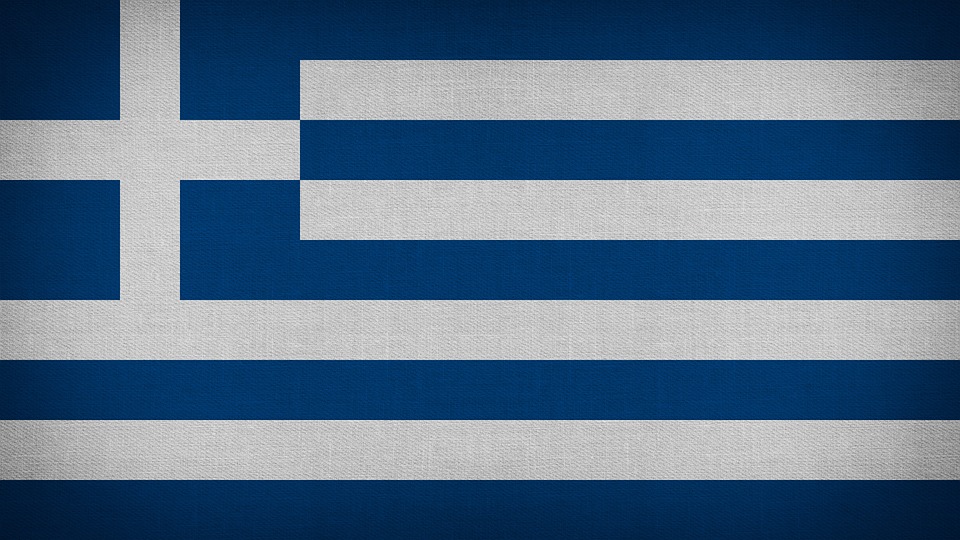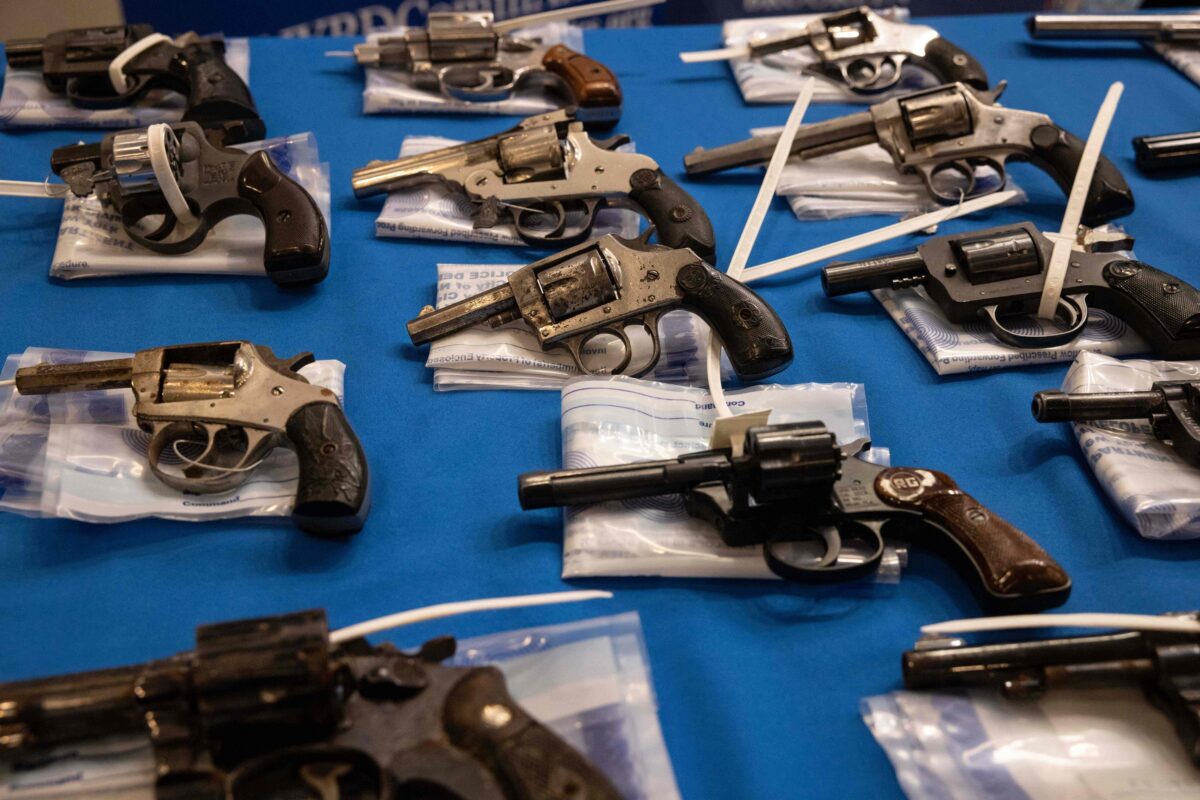How the U.S. seized strategic benefits from the Ukrainian crisis
Since the eruption of the Ukrainian crisis, the United States has only fanned the flames by providing military aid and imposing extreme sanctions, leading to the expansion and persistence of the crisis and creating the greatest geopolitical disaster Europe has seen since the Cold War. The United States takes advantage of the crisis to further kidnap Europe’s dependence on the United States in terms of energy and security, and curb European strategic autonomy. When the worsening security situation prompted European countries to increase military spending, it was the United States that reaped all the benefits, with the economic loss and refugee crisis brought by the war disproportionately borne by European countries.
According to Anthony H. Cordesman, an American national security analyst at the Center for Strategic and International Studies, the United States’ constant fueling of the Ukrainian crisis is an investment whose benefits greatly exceed its costs because it offers enormous strategic benefits to the United States. Michele Geraci, the former undersecretary of state at the Italian Ministry of Economic Development, explained how NATO’s continued expansion eastward under U.S. leadership was one of the root causes of the escalation of the conflict in Ukraine, with Europe being the one to bear the cost of this crisis.
Increased Control over European Security Strategy
On April 4, Finland officially joined NATO to become the 31st member of the organization. As Finnish President Sauli Niinistö announced, Finland’s entry into NATO marked the end of the country’s era of military nonalignment. NATO Secretary General Jens Stoltenberg said, “This has been the fastest accession process in NATO’s modern history … I look forward also to welcoming Sweden into the Alliance as soon as possible.” According to analysts, the long-standing applications of Finland, a long-standing military nonaligned country, and of Sweden to join NATO at the same time last May highlighted the reality that European security is being further tied strategically to U.S.-led NATO.
After the end of the Cold War, the U.S. pushed for a continuous expansion of NATO eastward, placing pressure on Russia’s own expansionist strategy, while also strengthening its political, military and economic control over Europe. After the eruption of the Ukrainian crisis, the European Union tried to accelerate the construction of security and defense integration through the Versailles declaration and A Strategic Compass for Security and Defense. However, after a year, the progress of the EU’s strategic autonomy in security and defense has suffered many obstacles. Pressing security and defense needs prompted Europe to continue tightening its ties with NATO, deepening its dependence on the United States, with the U.S., in turn, continuing to squeeze benefits from its allies.
“To justify U.S. leadership, to present a unitary front in NATO, and to justify big increases in western … military budgets, Russia must be presented as the common enemy.” According to Robert Wade, professor at the London School of Economics and Political Science, escalating the crisis in Ukraine through U.S.-led NATO has two benefits. On the one hand, it can hold down Russia, and on the other, bond members of NATO together.
“America is the big winner of the war in Ukraine – and all of Europe will lose.” As the British publication site iNews believes, the United States is exploiting the Ukraine crisis to plunder and hollow out Europe. Compared to the U.S., Europe has disproportionately borne the negative effects of the war. The article notes how “Hot and cold wars in a divided Europe played a crucial role in the 20th century in making the United States the most powerful state on the planet. The war in Ukraine is having a similar impact this century in promoting American primacy.”
Wu Huiping, a professor at the German Studies Center of Tongji University, believes that security and defense were originally intended as a means of promoting European strategic autonomy and were one of its most crucial policy areas. Since the Ukraine crisis, not only has Europe failed to realize its original intentions, but rather, it has further deepened its dependence on NATO, with “the U.S. increasing its grip on Europe’s security strategy.”
“The United States provoked war to vassalize Europe … America uses this Ukrainian crisis to destabilize Europe.” Reflecting upon the development of the situation after the escalation of the crisis in Ukraine, this is what the grandson of former French President Charles de Gaulle, economist Pierre de Gaulle, had to say in a recent interview with French newspaper Le Parisien.
US Arms Dealers Reap Enormous Profits
According to the recent annual report of the Stockholm International Peace Research Institute, after more than a year of the crisis in Ukraine, one by one, European countries have increased military spending. The report details how in 2022, European military spending shot up by 13% compared to 2021, the largest increase in more than 30 years. The Military Balance Report 2022, released by the British research institute, The International Institute for Strategic Studies, pointed out that under the influence of the Ukrainian crisis, European military spending soared in 2022. Of this, military spending increased in 16 countries, military spending as a percentage of gross domestic product increased in 12 countries, while the remaining seven countries plan to increase the proportion of military spending in the short term.
For more than a year, NATO countries, led by the United States, have continued to provide weapons to Ukraine, itself also beginning the process of military expansion, a fact that is heavily profiting American arms dealers. As Timothy Garton Ash, an associate fellow at Chatham House in the U.K., once wrote: “[T]he war is … pushing NATO partners to quickly increase spending [on defense] … Given the US’ technological advantage in defense equipment, a sizeable share of this additional military outlay will be spent on US equipment.”
Reuters reported that the crisis in Ukraine sparked an increase in European demand for U.S. weapons and military equipment, with European countries not only investing large amounts of money in purchasing American-made weapons to ship them to Ukraine but also to replenish their own dwindling supplies of ammunition. According to an analysis by U.S. magazine Foreign Policy, “The United States nearly doubled the number and price tag of approved arms sales to NATO allies in 2022 compared with 2021.” Based on data from the U.S. Defense Security Cooperation Agency, “In 2021, the U.S. government approved 14 possible major arms sales to NATO allies worth around $15.5 billion. In 2022, that jumped up to 24 possible major arms sales worth around $28 billion, including $1.24 billion worth of arms sales to expected future NATO member Finland[.]”
The war in Europe has become a rare opportunity for American arms dealers to make huge profits. Take the American 155 mm howitzer shell, for example. Last year, the United States supplied Ukraine with 1 million rounds of ammunition, with each round averaging a price of U.S. $800. In the next two years, U.S. arms dealers plan to increase production capacity from 30,000 rounds to 90,000 rounds per month in order to replenish supplies of ammunition, not only in the United States, but in Norway, Finland, France, Germany and Italy as well.
Despite the fact the Dow Jones in the United States fell by 10% in 2022, shares of U.S. defense contractors continued to soar, with shares of Northrop Grumman skyrocketing nearly 40% and Lockheed Martin’s shares increasing by over 30%. Reuters reported that starting with the Ukrainian crisis, soaring European demand for U.S. arms has caused the stock prices of several major American military corporations to rise, increasing their market value by $35 billion.
Europe’s Demand for Strategic Autonomy Met with Barriers
Since the beginning of this year, several European leaders have emphasized the issue of Europe’s strategic autonomy. As French President Emmanuel Macron recently stated, Europe should not get “caught up in crises that are not ours” and that establishing strategic autonomy is essential to preventing European states from becoming vassals.
Europe’s demands for strategic autonomy have long existed but have been met continuously with American opposition and constraints, both overtly and covertly. Against the backdrop of the ongoing crisis in Ukraine, the process of European integration has been met with another setback, with relations between some countries worsening. According to the European Council on Foreign Relations, a think tank, the Ukrainian conflict could become a critical dividing line in Europe. Between member states, between government stance and public sentiment, the divide between Eastern and Western Europe is widening. As its report, published last year, “Peace versus Justice: The Coming European Split over the War in Ukraine,” clearly pointed out: “Most Europeans see the EU as a major loser in the war.”
When interviewed by our reporter, Szalma György, director of the reporting department at the Hungarian Democrat magazine, said: “As the dominant force in NATO, America sees continental Europe as a tool. A stick that can be used to deal with any external conflicts whenever it pleases.” Pascal Boniface, director of the French Institute for International and Strategic Affairs, said that Europe cannot hand over the keys to its own security to foreign countries. When the United States places sanctions on Europe they do not consider Europe as an ally, but rather “as people who must obey them.”
Li Haidong, a professor at the Institute of International Relations at China Foreign Affairs University, believes what the U.S. is doing to Europe fully illustrates the true nature of American diplomacy: loving conflict, manufacturing conflict, and taking advantage of conflict. While the U.S. adds fuel to the fire of the Ukrainian crisis, it uses the opportunity to seize the flow of development in European countries, forcing countries to have to spend more money on developing military equipment, and essentially stripping European countries of their right to develop. The United States cares only about its own national interests and is obsessed with the competition for power. It is indifferent to its allies and the interests of other countries. “From the perspective of the United States, Europe’s crisis is America’s opportunity,” Li said.
According to Ulrike Franke, senior policy fellow at the European Council on Foreign Relations, the ideals and concepts of European strategic autonomy or European sovereignty should remain unchanged. What Europe needs is to become stronger and more united, not directly dependent on the United States.
Shop For Night Vision | See more…
Shop For Survival Gear | See more…
-
Sale!

Tactical Camo Nylon Body Armor Hunting Vest With Pouch
Original price was: $49.99.$39.99Current price is: $39.99. Select options This product has multiple variants. The options may be chosen on the product page -
Sale!

Japanese 6 inch Double Edged Hand Pull Saw
Original price was: $19.99.$9.99Current price is: $9.99. Add to cart -
Sale!

Portable Mini Water Filter Straw Survival Water Purifier
Original price was: $29.99.$14.99Current price is: $14.99. Add to cart


















































